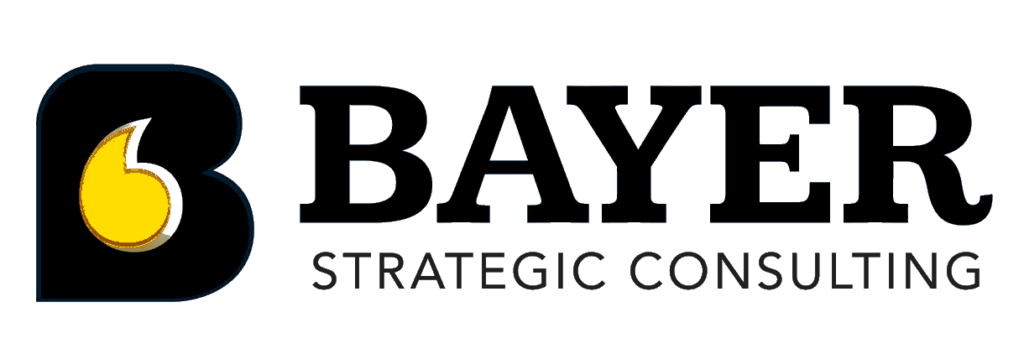This episode features John Besley, Ph.D., a professor at Michigan State University, who is focused on understanding how scientists communicate complex science to the public.
Professor Besley’s research includes surveys of thousands of American Association for the Advancement of Science (AAAS) members, where he examines their goals for communication and the tactics they use to achieve them.
Professor Besley emphasizes that scientists need to identify their audience-specific behavioral goals and build strategies to achieve them. He also reminds scientists to communicate in a way that makes them perceived as smart, caring, and high in integrity rather than giving into the temptation of flaming people on social media.
Professor Besley highlights the importance of scientists communicating their work to have a real-world impact. Surveys show that scientists want to increase literacy, correct misinformation, and encourage people to take actions like wearing masks, planting pollinators, and buying electric vehicles. However, it’s important to communicate in a targeted and specific way to address people’s perceptions of social norms, risks and benefits, and self-efficacy.
Professor Besley advises anticipating obstacles and addressing them proactively in the message. Our discussion also touches on how to approach emotionally charged issues by focusing on evaluative beliefs rather than discrete emotions. Scientists should strive to ensure that decision-making processes are transparent, inclusive, and enable everyone to have a voice.
We discuss the importance of understanding the process behind scientific research and communication to combat rejectionism and misinformation, highlighting the need to address specific integrity issues, such as motive and competence, to build trust with audiences. We also delve into the different types of behaviors, such as non-behavioral trust, that are crucial to consider when communicating science.
Resources mentioned in the article
Strategic Science Communication by John C. Besley, Ph.D.
